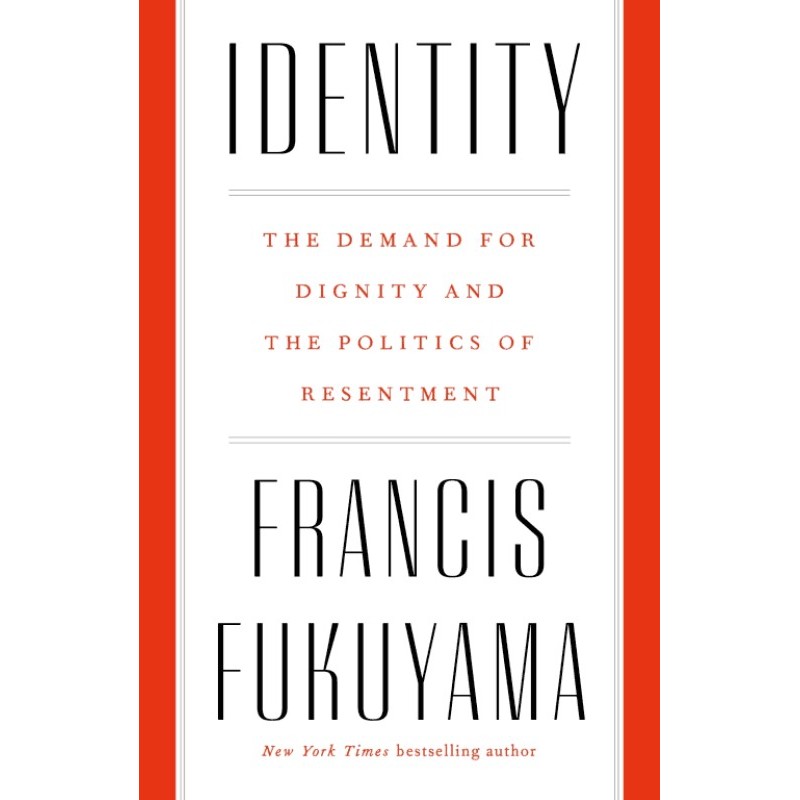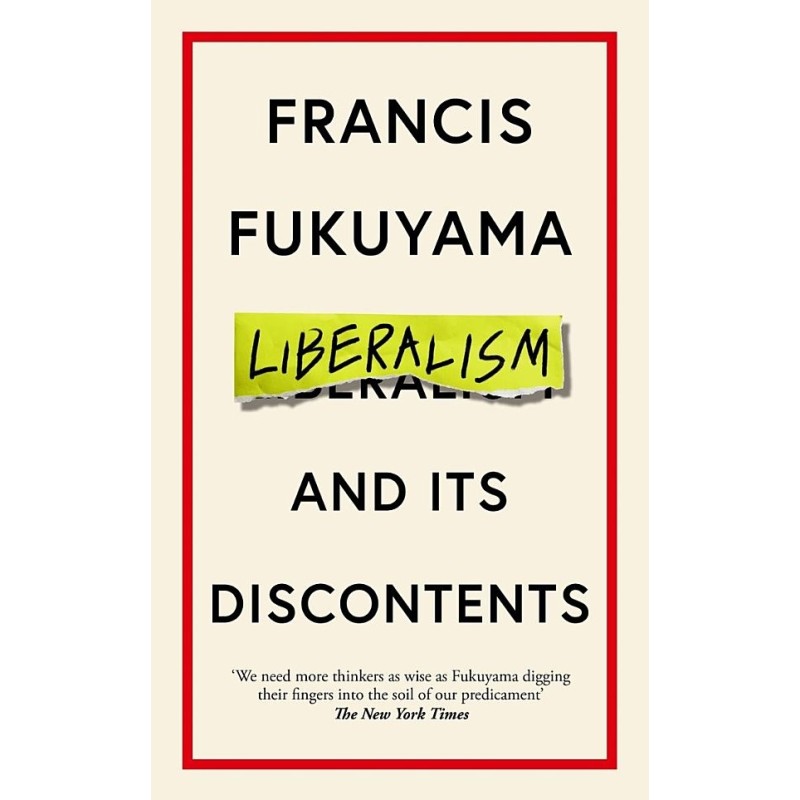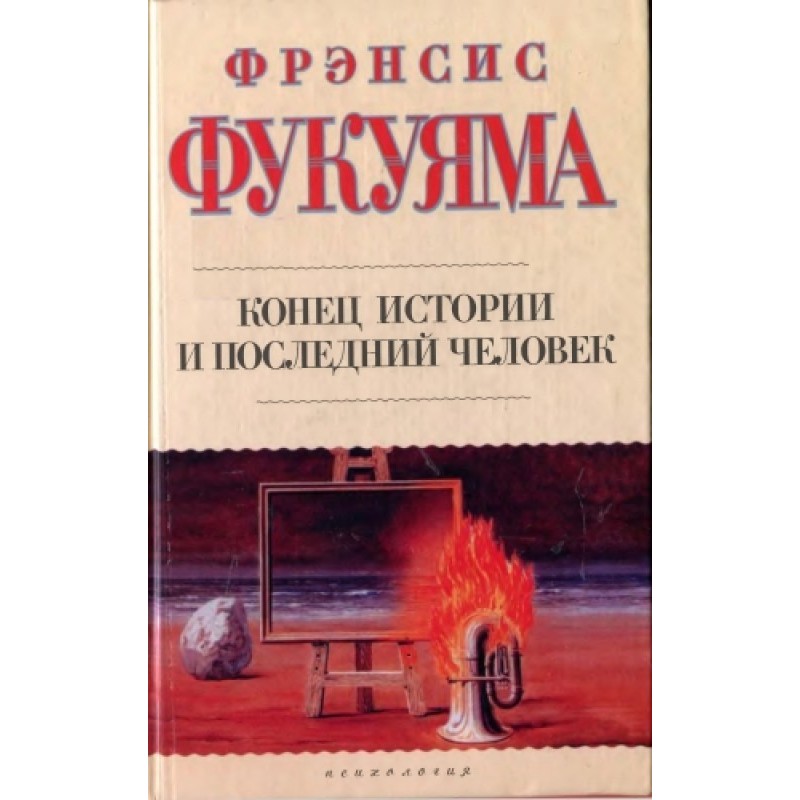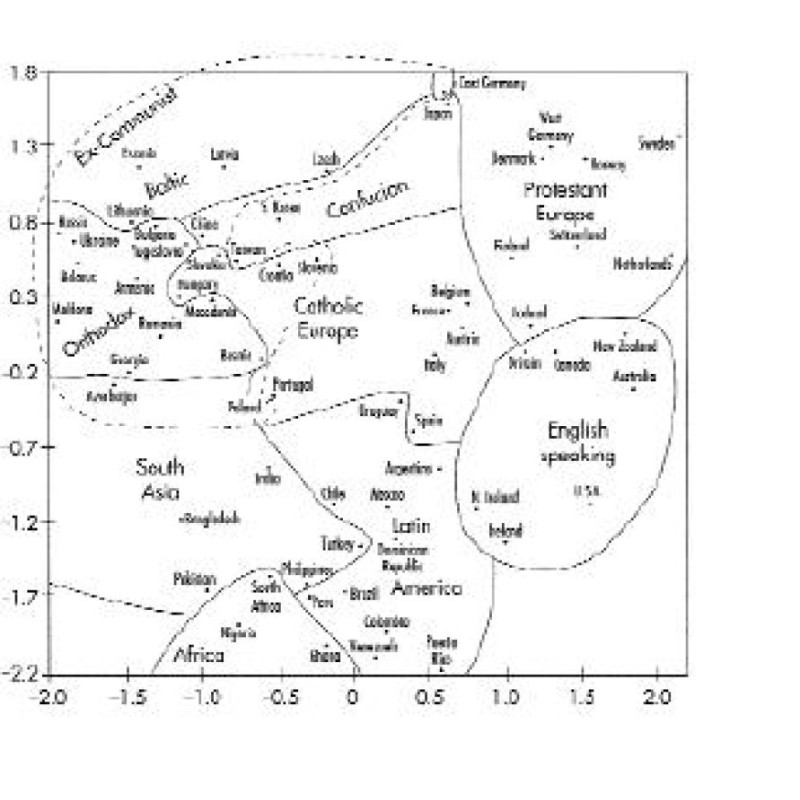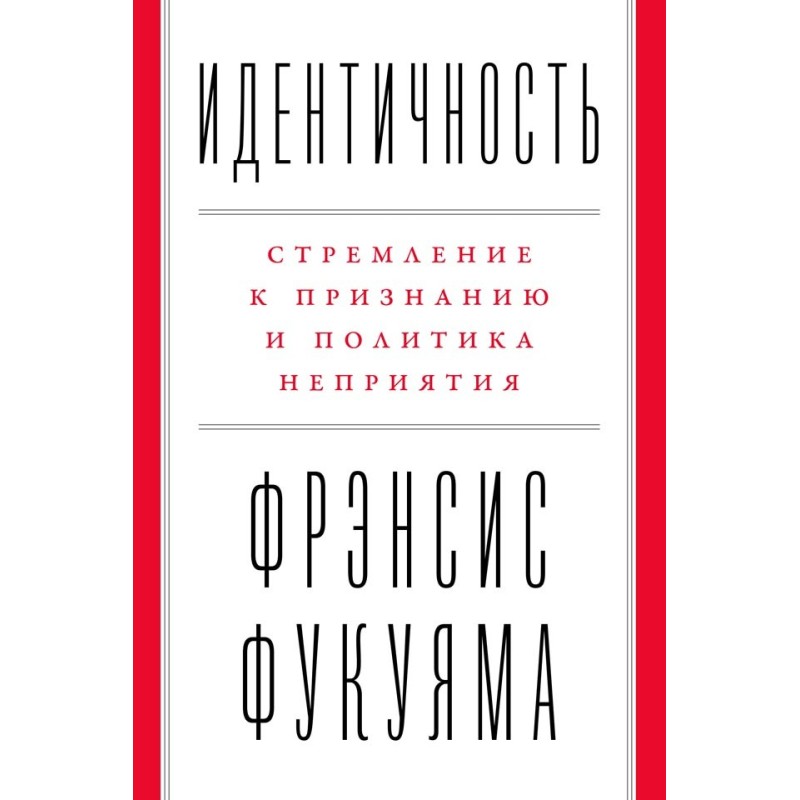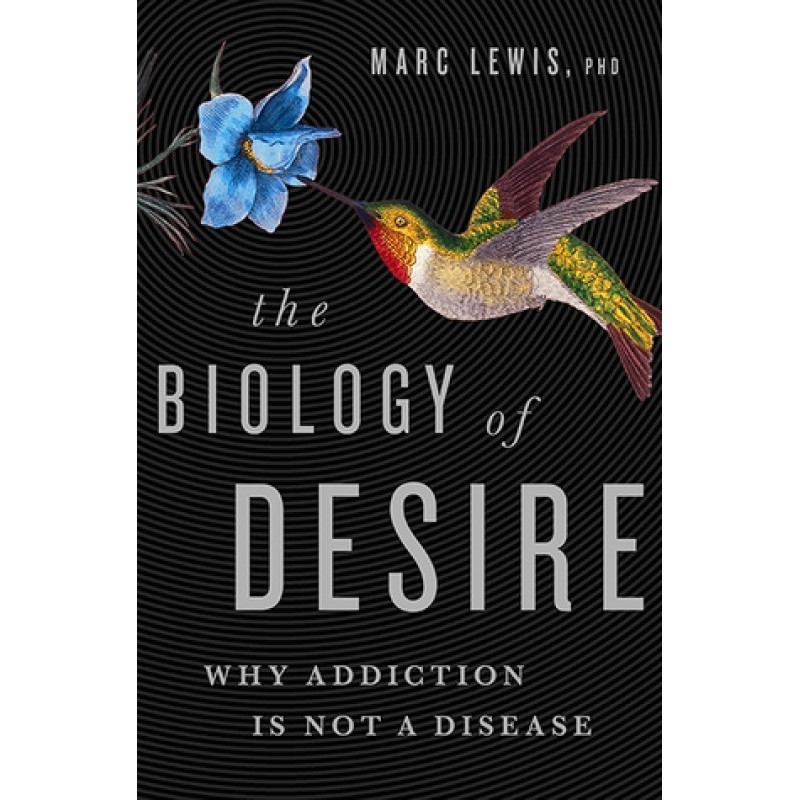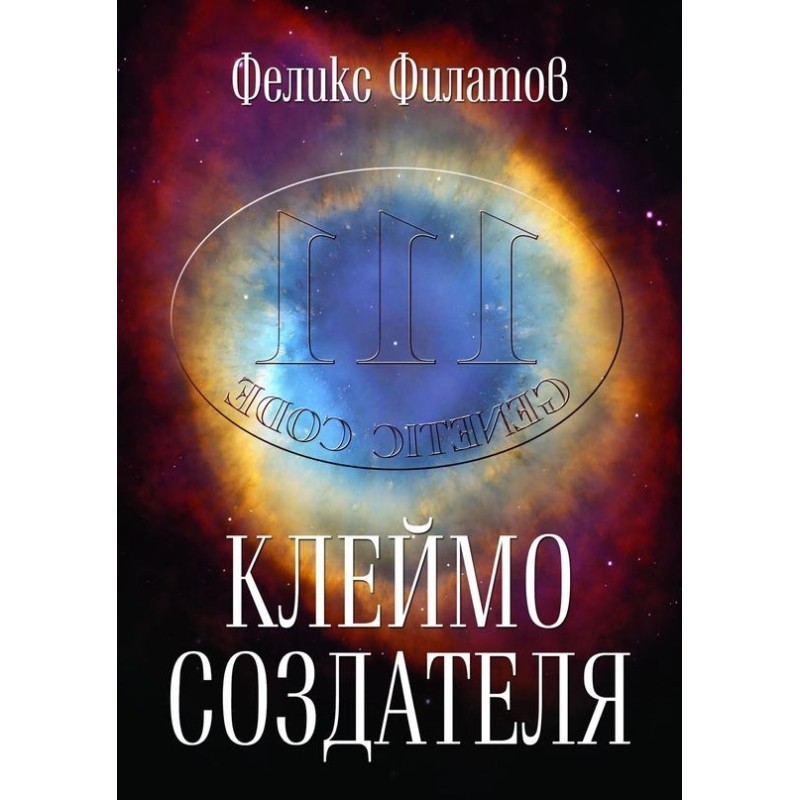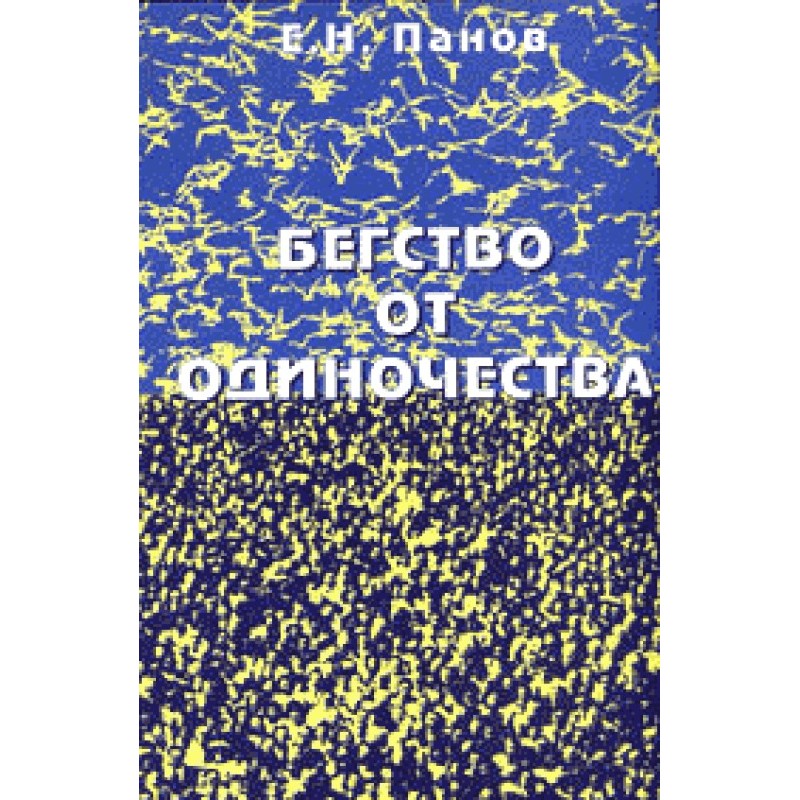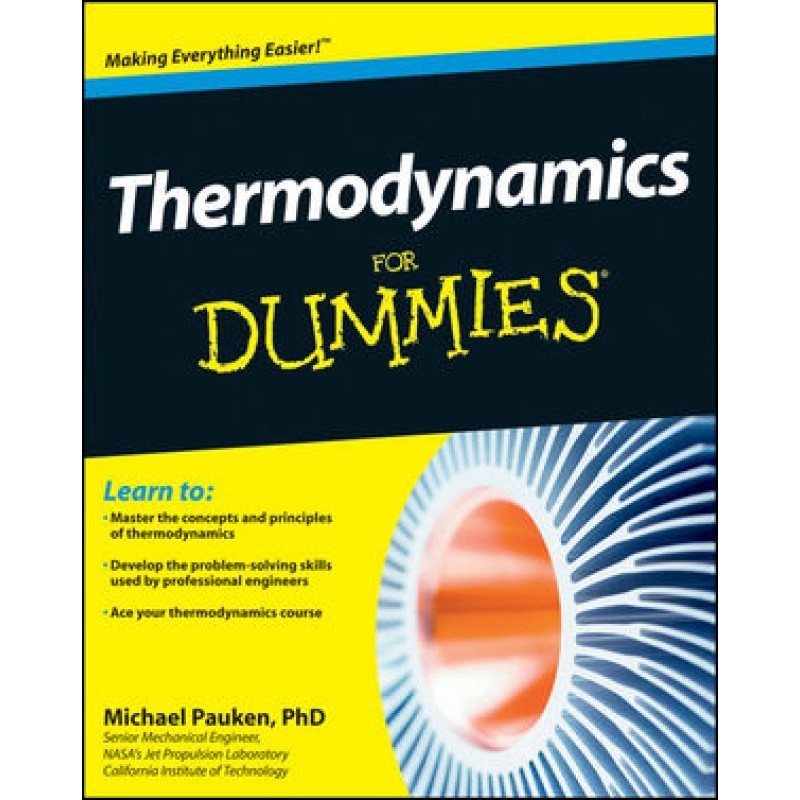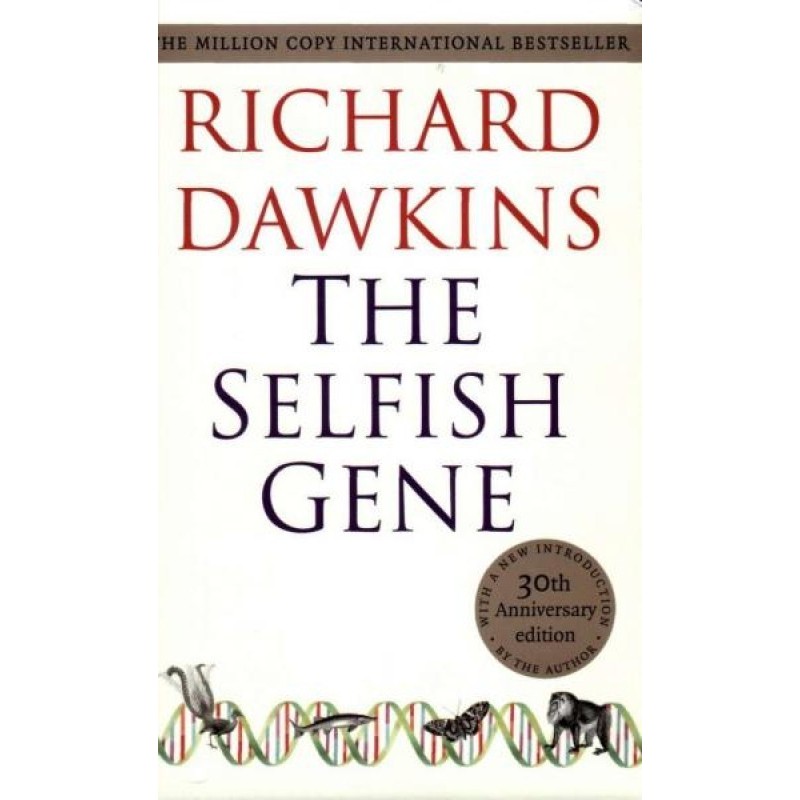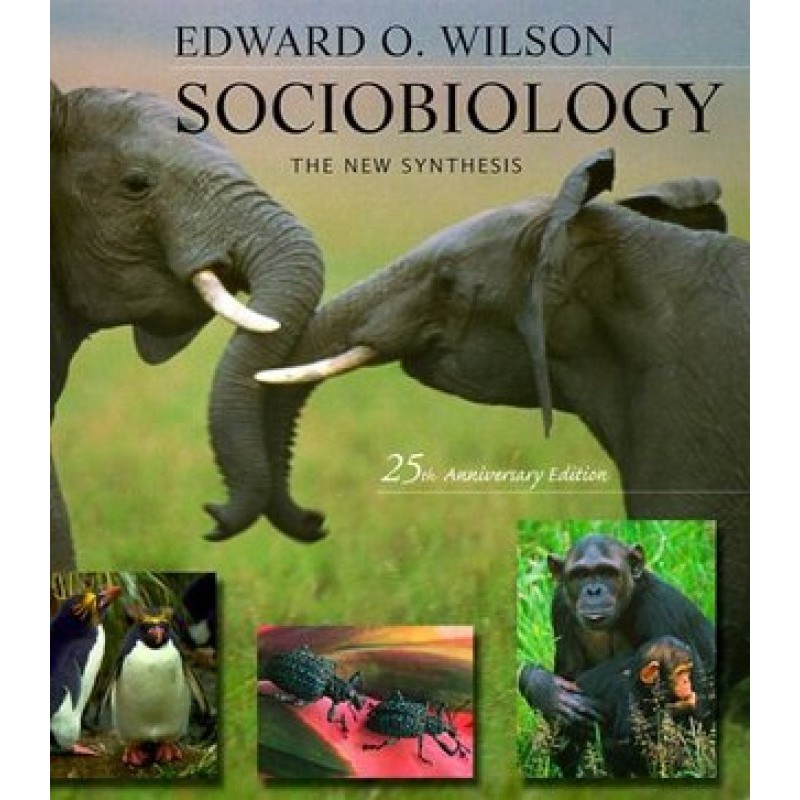Our Posthuman Future: Consequences of the Biotechnological Revolution
 Instant download
Instant download
after payment (24/7)
 Wide range of formats
Wide range of formats
(for all gadgets)
 Full book
Full book
(including for Apple and Android)
What can humanity as a society and a species expect from biotechnology? Francis Fukuyama tries to answer this question in his book “Our Posthuman Future.” From the author’s point of view, biotechnology potentially carries a whole bunch of serious threats, but invisible, latent threats that are not able to immediately attract attention at the political level. The invention of nuclear weapons was immediately recognized as an extremely dangerous creation of human hands and therefore came under very strict national and international control. The same thing happened with biological weapons. But modern biotechnology can and is used not only to create deadly viruses and bacteria. They, the author argues, are capable of changing people's lifestyles to such an extent that human nature itself is transformed, and a posthuman can be created. Fukuyama considers this problem at three levels. First, it examines the impact that biotechnology has and may have in the future on our lives. Secondly, the degree of danger of biotechnology for human nature is described as the most complex and important issue. And thirdly, by analyzing the activities of institutions that already exist in the field of political regulation of biotechnology, the author tries to understand how these institutions meet the requirements of tomorrow
Data sheet
- Name of the Author
- Фрэнсис Фукуяма
- Language
- Russian
- Translator
- Михаил Борисович Левин
Reviews
Глибокий аналіз біотехнологічних викликів
Книга Френсіса Фукуями "Наше постлюдське майбутнє" є надзвичайно важливим внеском у сучасну дискусію про біотехнології та їх вплив на людство. Автор не лише піднімає питання потенційних загроз, але й детально аналізує, як ці технології можуть змінити саму природу людства. Його аргументи про латентні небезпеки, які не завжди помітні на перший погляд, змушують задуматися про етичні та соціальні наслідки, які можуть виникнути внаслідок безконтрольного розвитку біотехнологій. Фукуяма вміло поєднує наукові факти з філософськими роздумами, що робить книгу не лише інформативною, але й глибокою. Вона спонукає читача до критичного мислення та обговорення важливих питань, які стосуються нашого майбутнього. Рекомендую всім, хто цікавиться біотехнологіями, етикою та соціальними змінами!


